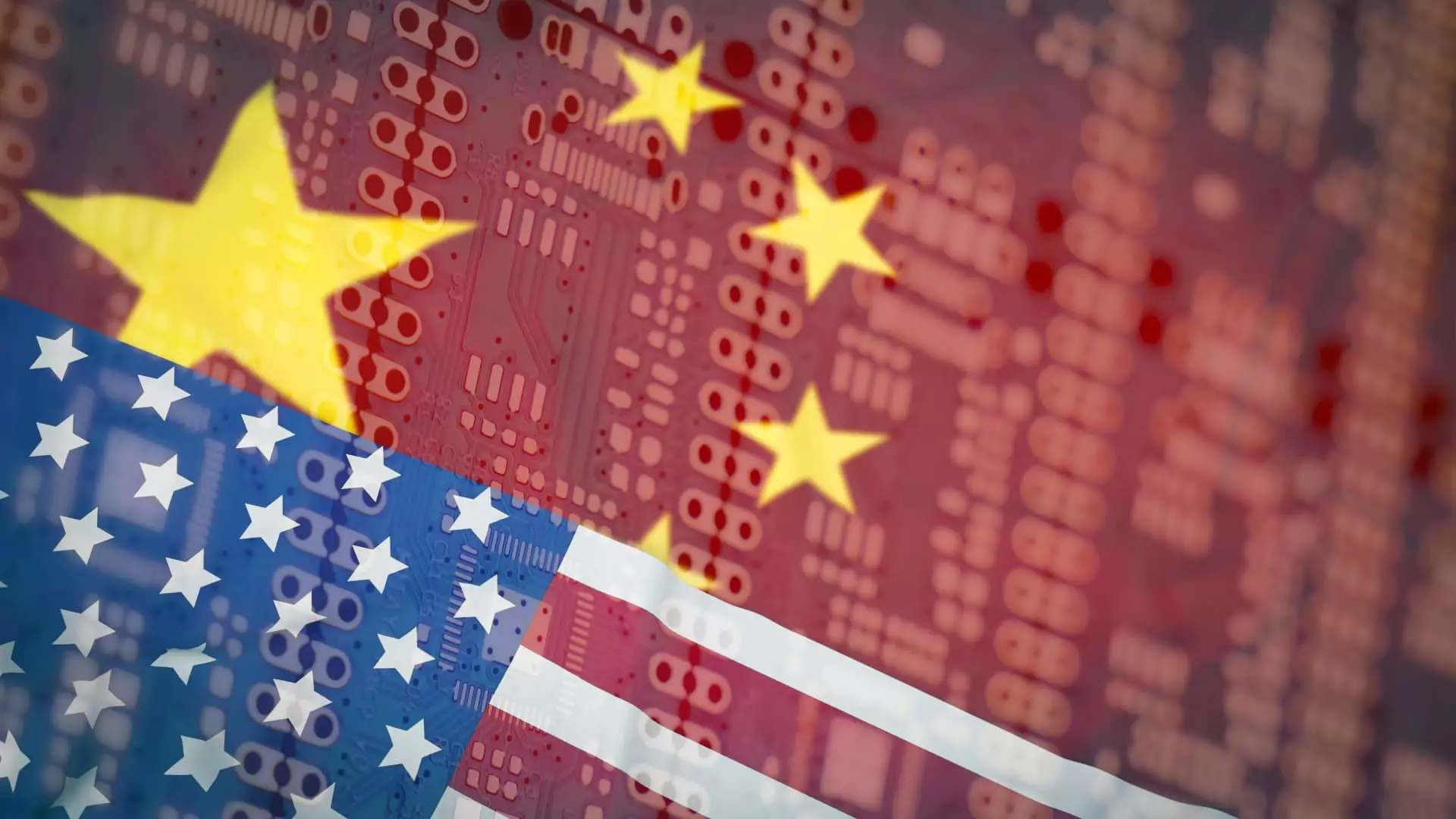The dynamics of international trade are continuously sculpted by technological advancements and geopolitical tensions. Recently, the Biden administration announced a significant initiative aimed at investigating the legacy semiconductor market in China, a move that underscores the ongoing complexities within U.S.-China relations. This endeavor aligns with broader concerns regarding national security, economic competition, and the critical role of semiconductors in modern technology.
On the surface, the inquiry aims to scrutinize the production of silicon carbide substrates and other semiconductor inputs that are essential for various industries. The statement from the White House highlights China’s “non-market policies and practices” and emphasizes the potential risks posed by heavy reliance on legacy chips produced under such conditions. By investigating these manufacturing practices, the administration hopes to glean insights into the competitive landscape of semiconductors, which are vital components in everything from automobiles to advanced military systems.
The urgency of this probe echoes a broader sentiment within Washington concerning the vulnerabilities created by dependencies in the global supply chain. As the technological race heated up, particularly in sectors like artificial intelligence, it became evident that the U.S. must reassess its reliance on Chinese manufacturing capabilities, even those that produce older, less sophisticated chip designs.
Despite China trailing leading manufacturers like Taiwan’s TSMC in advanced chip technologies, its ability to produce legacy chips at a large scale presents a unique challenge. Legacy chips, while not as advanced, are vital for a myriad of applications and remain integral to numerous supply chains. The ongoing investigation, therefore, is not merely a matter of addressing current dependencies; it is also about ensuring a stable future in semiconductor production.
Furthermore, the implications of the inquiry could extend beyond tariffs. Under the Trade Act of 1974, the Biden administration possesses the authority to impose various trade remedies, including tariffs on Chinese semiconductor products. This could potentially reshape the landscape for U.S. import tariffs significantly, affecting sectors that depend heavily on semiconductor technologies.
Looking Ahead: Implications for Future Leadership
As the investigation progresses, it is noteworthy that this initiative will be handed over to the incoming administration under Donald Trump. This transition raises questions about continuity in U.S. trade policies and the potential for further escalations in semiconductor-related tensions. The scrutiny of legacy chips under the auspices of a new administration might also set the stage for more aggressive measures or a shift in focus toward enhancing domestic semiconductor production capabilities.
The Biden administration’s focus on legacy Chinese semiconductors not only illustrates the complexities of U.S.-China technological competition but also signifies a critical push towards reducing dependency on foreign semiconductor production. As stakeholders in global markets closely observe these developments, it will be essential for the U.S. to navigate the challenges posed by technological interdependencies while safeguarding its national interests. The semiconductor industry is at a pivotal juncture, and how these inquiries unfold will undoubtedly have long-lasting ramifications for both American and global technological landscapes.

